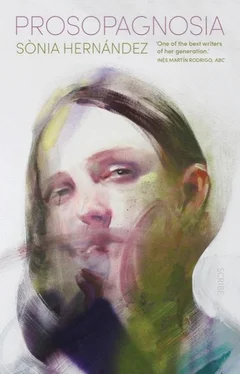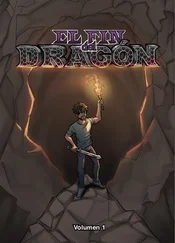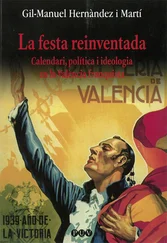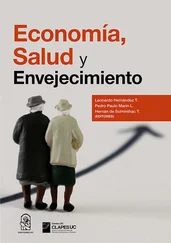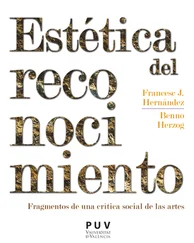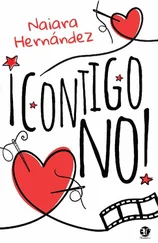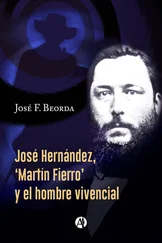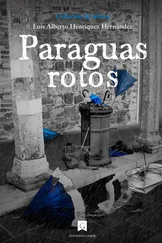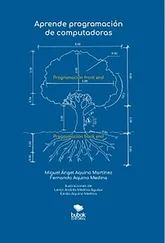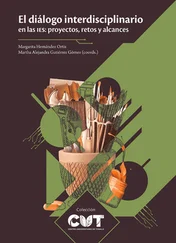‘Lucidity and intelligence are a privilege. Disdaining it is an insult to the species, to the essence of human nature. We must take responsibility for what we have received in life. Sometimes it’s not much, but because of the fact of having been born and living where we do, we are obliged to take responsibility and act accordingly, because we too are an essential part of the whole. If I see a young woman faint while she’s staring closely at one of my paintings, I am obliged to help her and take an interest in her, to make sure that she is OK and that nothing bad has happened. As long as it’s within reach. You know what? Everything I am, everything that defines me, is right here, in my hands. I am whatever they are capable of doing. I discovered this at a very young age, and ever since I’ve done nothing but test them out, try to listen to them, to see how they manifest, what they need, how they wish to communicate with the world.’
But after he had raised his hands to show them to me, he lay them back in his lap. In the growing silence, I limited myself to looking at my notebook, and then we continued talking about my daughter and her obsession with drawing little circles on whatever piece of paper was put in front of her. He told me I had no right to criticise her, much less ban her from it, because she was looking for a way to communicate something, even if she was the only recipient of this coded message. He said that reproaching her for her obsession with drawing little circles would be like tying back her strong hand.
‘Creating areas of shadow and doubt is what gives meaning to art.’ This is one of the sentences I wrote down in the notebook I clung to whenever he spoke. Back then I didn’t believe, and I still don’t believe now, that Berta has a special inclination or an exceptional talent when it comes to artistic endeavours. But it was clear that she was immersed in a very determined search. The little circles, at first glance, revealed Berta’s need to fill the void. From within the void it’s difficult to find a possible location from which one might try to understand things. That’s why it’s easier to surround oneself with objects, with a kind of lava that fills the mind and even the eyes: once you’re in the middle of this lava, all you need to worry about is breathing and holding on.
I also spoke to Vicente Rojo about my daughter’s other obsession, the pet. That’s when I told him about my dream where the ibis scattered papers all through my house. I also told him how at the end of the dream, I was upset to see that the bird was actually my daughter. I don’t know if he was trying to console me, but he told me that we should never be afraid of what our brain sees or imagines, because it’s the only way to gain access to the higher functions of our existence. Beyond the impact of seeing Berta transformed into a bird, something which could obviously never occur, I should ask myself what the image meant and why it scared me so much.
I had begun to be exasperated by the fact that my daughter insisted on asking for an ibis, and that she was refusing to acknowledge that it would be impossible to have one as a pet. It was an endangered species that only lived in Morocco and Syria — Syria, where everything at the time seemed in danger of extinction because of the brutal war. Why was my daughter insisting on one of those birds? She had led us into an absurd situation, with no solution, and it seemed like she was unwilling to get us out of it.
In the beginning I didn’t pay much attention to her request, because it was obvious we couldn’t have a bird like that at home. But the longer she insisted, the more the bird began to take shape until it became a true presence. Sometimes I wasn’t sure if she was using the bird to demand some kind of special attention I wasn’t giving her, and at other times I had the feeling we spoke about the bird as if it were an incarnation of her father, and she wanted it to take up the space he had willingly abandoned. The conversations about that ugly bird became so absurd that it should have come as no surprise that I started dreaming that it had become a part of our daily lives, running up and down the hall.
The artist listened to me attentively while I told him about the problem of the pet. I thought he’d mention Berta’s intelligence and its consequences once again. However, after a silence that made me think I’d gone on too long with my complaints and explanations, he returned to the topic of his childhood.
‘When I was barely seven years old, I witnessed something painful. I lived in the city with my family, and we had suffered greatly from the war. I watched as removalists took the piano my sisters used to play out of our apartment, via the window on the fifth floor. My sisters loved the piano, and it was probably the last item of value my family had to sell. I watched the spectacle of the piano movers and it caused me great pain and anxiety.’
Another phrase I jotted down in my notebook: ‘Over seventy years later, the same kid, his hands full of papers and coloured pencils, thinks that across his whole life, his greatest desire, the thing that has kept him awake at night, has been the desire to get that piano back.’ As if to link that sentence with a concrete image, I remember I looked around for a pencil like the one he had described, first in his hands and then somewhere in the studio, but I couldn’t see a single one. That’s why I’m not sure if what surprised me most was the vivid image of that boy long ago, or the fact that the man who had been the boy had no pencil in his hand at that exact moment.
Of course, I understood what Vicente Rojo wanted me to understand through his story about the piano. Throughout his whole life, the artist he became never stopped hunting, reading, and learning as he searched for an answer that would ease the anxiety of the boy he had been, who had never been able to understand why the piano was taken away. But the pain was still there, so many years later. My daughter had begun her own quest to understand her anxiety, but she had drawn me into it too, which is why she demanded I provide her with a reason why we couldn’t have a huge, disgusting bird in our apartment. It’s not the same as having a piano at all. The scene narrated by Vicente Rojo was terrible, which is why he had had to work so hard his whole life to temper it, at the very least, even if he could never fully understand it. On the other hand, what Berta wanted was for me to convince her that a more beautiful life existed, one where it wouldn’t matter that she couldn’t have a huge, ugly bird at home. She wanted me to disagree with her and tell her that it wasn’t true that she would only ever have the ugly things in life. I could intuit the parallels laid out by the artist, but that doesn’t mean I was able to extract anything useful to confront my daughter and make her understand it was impossible to have an ibis at home. It’s a truly disgusting bird.
By the artist’s reckoning, abjection can be just as attractive and enriching as Beauty. In the end, they’re just two sides of the same coin: the presence and absence of beauty. This made Vicente Rojo think of a painter he had met in France, a Dutch artist named Bram van Velde. He told me that all van Velde wished to express in his painting was misery, disquiet, anxiety, and the constant suffering of someone doomed to pursue the unattainable. Bram van Velde himself said that his painting sought out ugliness and madness. I wrote his name down so I could google his paintings later, and when I eventually saw them, I found them truly beautiful. I was struck by the fact that while Vicente Rojo’s paintings were all about balance, in van Velde’s work there was a kind of frenzied energy, figures that seem to want to spring from the canvas, forms and colours that seem to be at war with each other but which the painter has managed to capture at precisely the moment they achieve equilibrium. I dared to conclude that although the way abstraction worked was different for both painters, in the end they weren’t so far apart: they had both found different forms of balance.
Читать дальше
